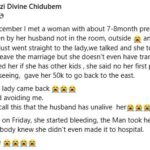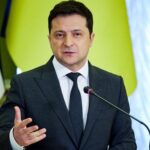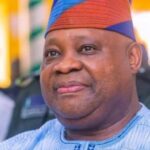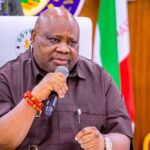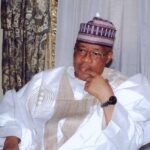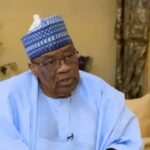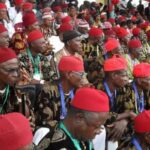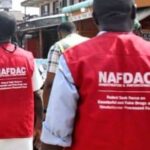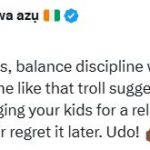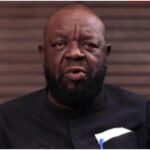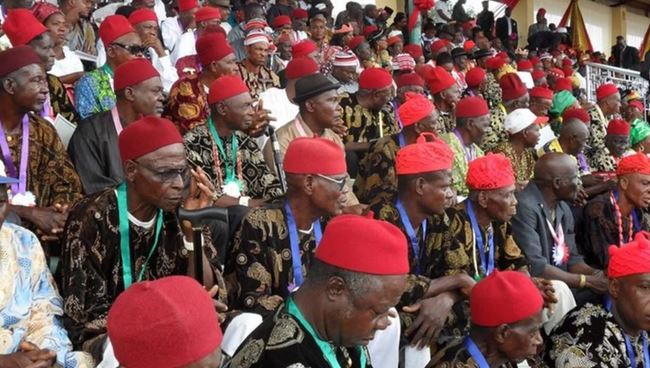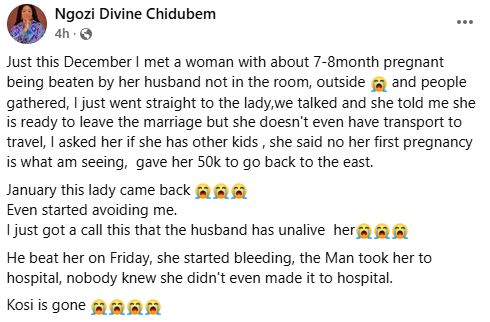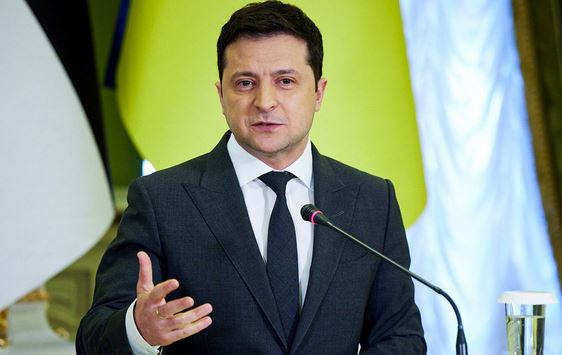The apex Igbo socio-cultural group, Ohanaeze Ndigbo, has praised former Military President, General Ibrahim Badamasi Babangida, for his courageous and historic statement clarifying that the January 1966 coup d’état was not an Igbo-led coup.
Ohanaeze said this courageous acknowledgment stands as a crucial milestone in altering the narrative that has unjustly painted the Igbo people as antagonists within the broader scope of Nigeria’s tumultuous political landscape.
The Igbo body stated that IBB’s revelation on the 1966 coup signals a potential cessation of the entrenched vindictiveness, cruelty, and deep-seated animosities directed toward the Igbo Nation over the past five decades.
The former Military President, during his recent book launch titled A Journey in Service, clarified that the 1966 coup should not be attributed to the Igbo people. General Babangida’s stance, notably his exemption of the Igbo people from the unjust label of being “enemies of the North,” is commendable—albeit belated.
In a statement issued on Sunday by Ohanaeze’s factional Deputy President-General, Okechukwu Isiguzoro, and made available to DAILY POST, the group noted that the ramifications of the erroneous classification of the January 1966 Coup as an Igbo insurrection have been profoundly detrimental, leading to catastrophic consequences not only during that tumultuous period but extending into the present day.
According to the statement, this mischaracterization incited the July 1966 Counter-Coup against the then Military Head of State of Igbo descent and precipitated violent uprisings targeting Igbo citizens residing in northern Nigeria, sowing seeds of discord that ultimately contributed to the tragic Biafra War, in which three million Igbos, predominantly women and children, lost their lives.
The statement read: “In the wake of this tragic history, the Igbo people continue to suffer from systemic injustices and marginalization. Our demographic representation, in terms of the number of states within the federation, remains the least of any ethnic group. The political conspiracies to deny Igbos the opportunity to ascend to Nigeria’s Presidency persist, and we face deliberate omissions of Federal Government presence in the Southeast.
“The tragic closure of the Eastern Economic Corridor, characterized by the permanent shutdown of the Calabar seaport and other critical infrastructure, underscores the extent of our exclusion.
“Additionally, the implementation of the federal government’s discriminatory policies, exemplified by the quota system and the absence of functional international airports in the Southeast, serves to reinforce the barriers to our equitable participation in the socio-political fabric of Nigeria.
“In light of these grievous injustices, Ohanaeze Ndigbo reiterates our demands articulated during the 1999 Justice Oputa-led Judicial Commission for the Investigation of Human Rights Violation Panel.
“It is imperative that the current federal government, under the leadership of President Bola Ahmed Tinubu, confronts the shadows of our historical traumas.
“We demand a public and unreserved apology from the President on behalf of past military regimes, particularly that of General Yakubu Gowon, who orchestrated unprovoked bombardments and shellings over Igbo territory during the Nigeria-Biafra War, resulting in immense human suffering and loss.
“Furthermore, we maintain our resolute stance that the Nigerian federal government must dispel the long-standing inequities perpetrated against the Igbo nation by paying reparations amounting to 10 trillion naira.
“This demand is not merely for financial restitution; it is a necessary acknowledgment of the value of human lives lost and the cultural and infrastructural devastation endured by our people, which remains evident even 55 years post-conflict.
“In an ideal society, the implications of General Babangida’s confession would prompt accountability among those who endorsed the odious actions against the Igbo. However, embodying the spirit of forgiveness that defines our identity, the Igbo people have extended our pardon to General Ibrahim Badamasi Babangida and others for the grievous sins committed against our community during the Biafra War spanning from 1966 to 1970.
“We earnestly call upon President Tinubu to embrace this opportune moment for genuine reconciliation and restorative justice, thereby laying the foundation for a united and harmonious Nigeria, where the scars of the past give way to a brighter future for all citizens.”


